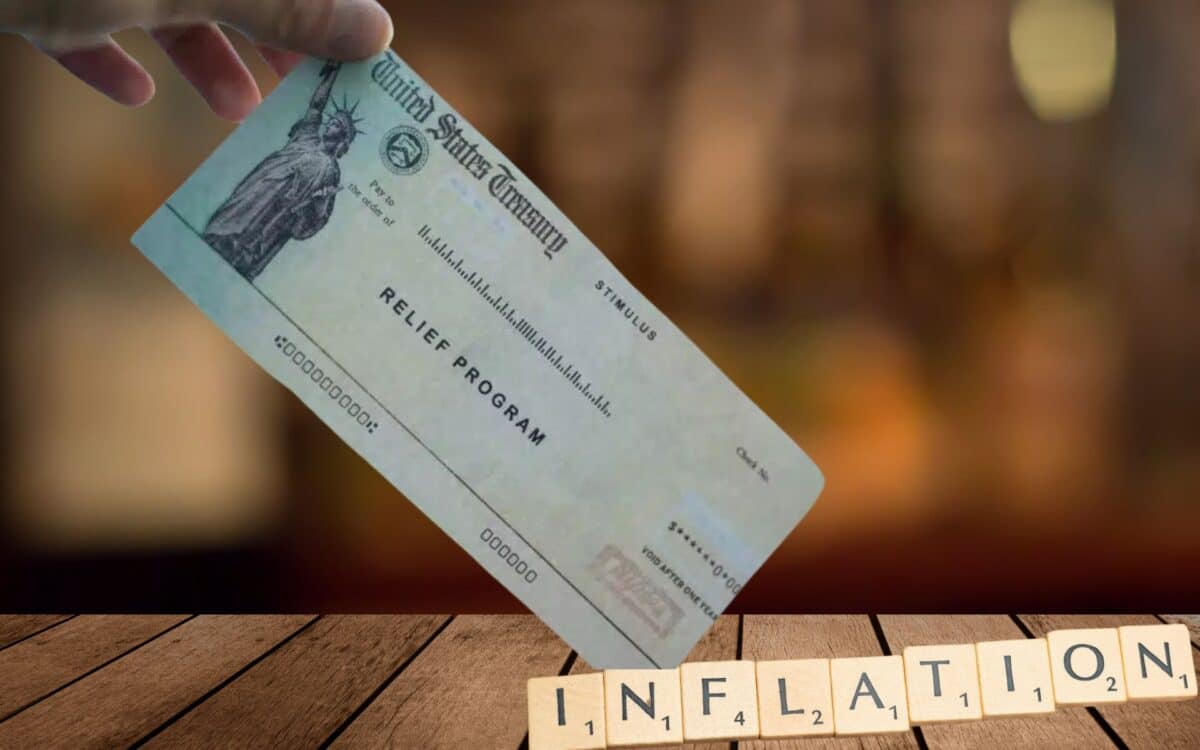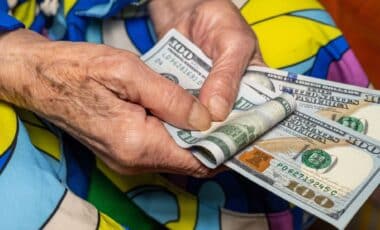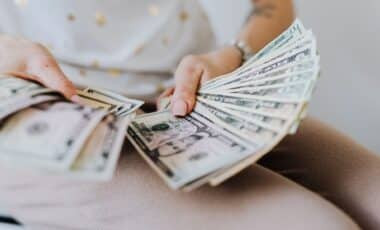A new statewide poll indicates limited enthusiasm among New Yorkers for Governor Kathy Hochul’s plan to distribute inflation-related financial support. Intended as a response to rising costs of living, the proposed Direct Payments are designed to offer some relief, but public sentiment remains divided.
According to Newsweek, this component of the broader 2025 budget proposal has not generated the same level of approval as other legislative priorities. Although the initiative includes monetary assistance of up to several hundred dollars, early reactions suggest that the idea has yet to secure strong public backing or emerge as a standout political success.
Mixed Public Response to Inflation Payments
The Siena College survey, conducted from May 12 to May 15, 2025, questioned 805 registered voters statewide. The results revealed that 45% support the direct payments, while 38% oppose them. An additional 12% remained neutral, and 4% were undecided.
The poll carries a margin of error of ±4.3 percentage points.
Support varies by political affiliation: 53% of Democrats, 42% of Republicans, and 33% of independents expressed approval. The payments are intended as part of the state’s response to persistent inflation, which peaked at 9.1% in June 2022. While inflation has since eased, prices remain elevated compared to pre-pandemic levels.
Newsweek contacted Governor Hochul’s office by email for comment.
How the Payment Program Works
Governor Hochul announced the relief payments to help New Yorkers manage the rising cost of living. Checks will be distributed automatically in October and November 2025, with no application required. The amounts vary by income and tax filing status:
- Joint filers earning up to $150,000 will receive $400.
- Those earning between $150,000 and $300,000 will receive $300.
- Single filers earning up to $75,000 will receive $200.
- Those earning between $75,000 and $150,000 will receive $150.
Comparison With Other Budget Proposals
Although intended to provide tangible financial relief, the direct payments were less popular than several other provisions in the budget. These include:
- Free breakfast and lunch for public school students
- Restrictions on smartphone use in schools
- Simplified cancellation processes for subscription services
Each of these measures received support from more than two-thirds of respondents, indicating broader appeal among voters.
Political Implications for Governor Hochul
The same poll also revealed signs of electoral vulnerability for Governor Hochul. Just 36% of respondents said they would support her re-election in 2026, while 55% said they would prefer a new governor. Another 10% were unsure.
Despite these numbers, Hochul remains the leading Democratic candidate in the primary:
- 46% of Democrats would vote for her.
- 12% would support Lieutenant Governor Antonio Delgado.
- 10% would choose Representative Ritchie Torres.
Steven Greenberg, Siena College pollster, commented:
Two potential Hochul rivals for the Democratic nomination for governor next year – Delgado and Torres – remain largely unknown to a majority of voters and a majority of Democrats.
Not surprisingly, they both continue to trail Hochul by a large margin – and by virtually every demographic – when Democrats are asked to choose next year’s gubernatorial nominee.
Democratic Edge Holds, but Margins Show Signs of Erosion
New York remains generally favorable to Democrats, though recent elections suggest narrowing margins. In 2024, Kamala Harris carried the state by 12 points, compared to Joe Biden’s 22-point victory in 2020.
The Cook Political Report currently rates the gubernatorial race as “Likely Democratic”, indicating that the race is not competitive for now but could become so.
Democrats in the state will face a major political test in the upcoming New York City mayoral primaries, scheduled for June—the first major race in the post-Trump return era.
Public Perception of the Direct Payments
The checks may serve as a symbolic gesture more than a decisive campaign tool. Laura Tamman, political science professor at Pace University, told Newsweek:
A check signed by the Governor is a way for her to communicate that she understands that New Yorkers are struggling financially, with a specific, tangible benefit.
Unexpected checks in the mail are rare enough that I think voters will remember this gesture. However, the checks are simply not large enough to be the determining factor in whether she wins reelection in 2026.









